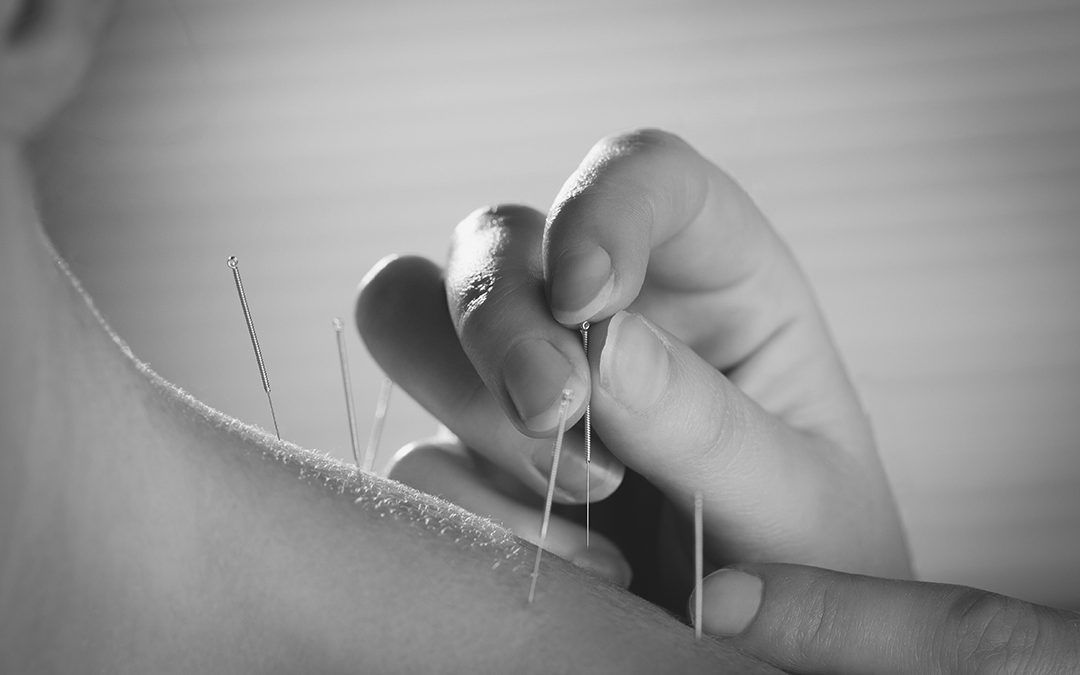“Acupuncturist” as typically used is both short hand and misnomer. While it requires fewer keystrokes and less a mouthful than “acupuncture and Oriental medicine practitioner” (or “East Asian medicine professional”) it is, literally, demeaning. It exemplifies biomedicine’s reductive predilections. “Acupuncturist” focuses on the needles. Denied are multiple elements of the practice – relationship building, counseling, tuina, moxibustion, herbs, foods, and other tools – that distinguishes the practice from a technician with needles..
I recently came across this article and it has had me thinking about how our title really doesn’t capture our scope of practice, but more insidiously through its superficial rendering of our expertise, it opens the door for others to minimize, or appropriate what we do.
We are acupuncturists, and this is what we are licensed as, but what is little known is that in order to pass the California Acupuncture boards, to become licensed in the state, you have to KNOW Chinese herbal medicine, it’s the hardest part of the test. In order to even sit for the test you have to take classes in all modalities of East Asian medicine, acupuncture being just one of them. I don’t personally feel demeaned by being called an acupuncturist, it just doesn’t tell the whole story. What we really practice, is East Asian Medicine. That’s the medical paradigm we practice within. That is where the thinking comes in, where we put together the disparate clues the body gives us to discover what’s not working, what’s blocked or what’s missing. Once we know the functional issue, we can choose acupuncture points, herbs, moxibustion, massage or other modalities to fix it. It might look simple, but it takes years of training and experience. And then more training and experience!
